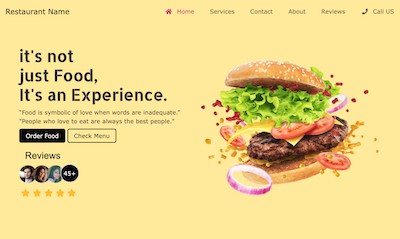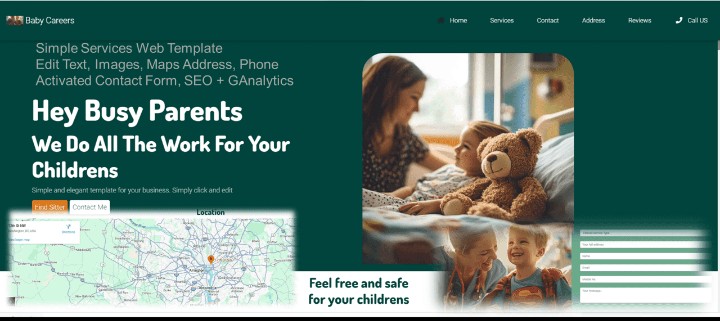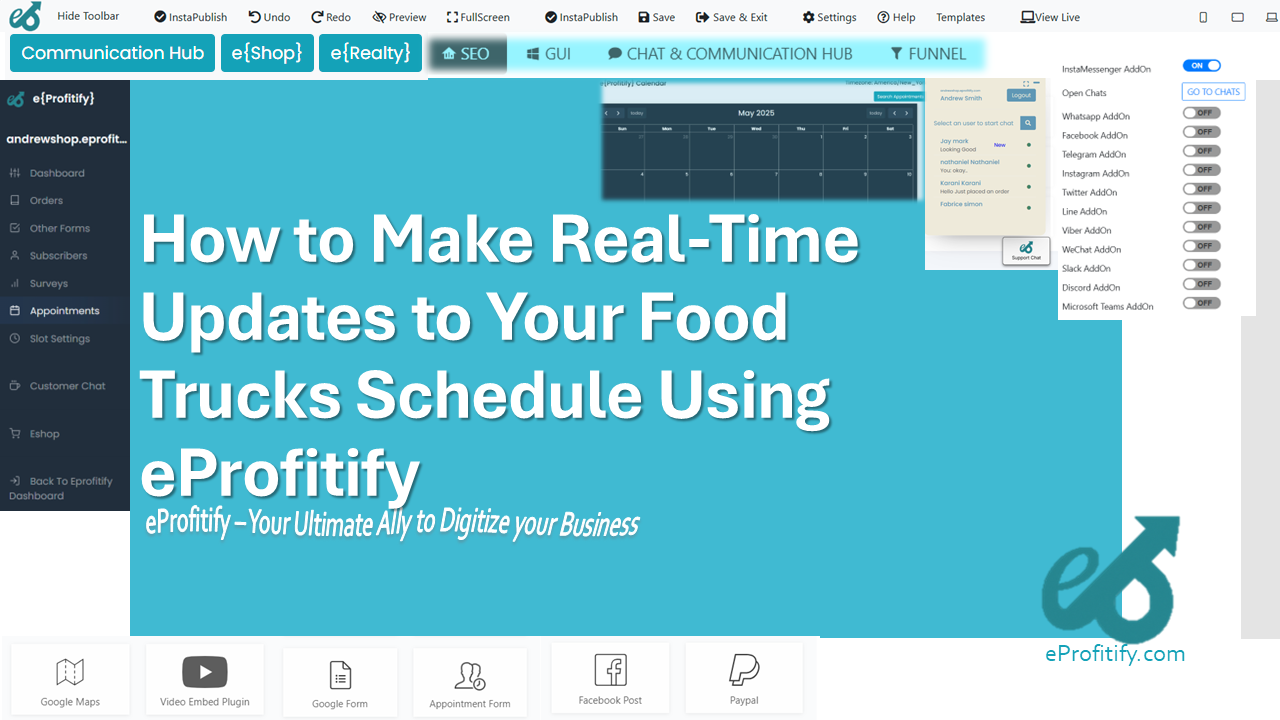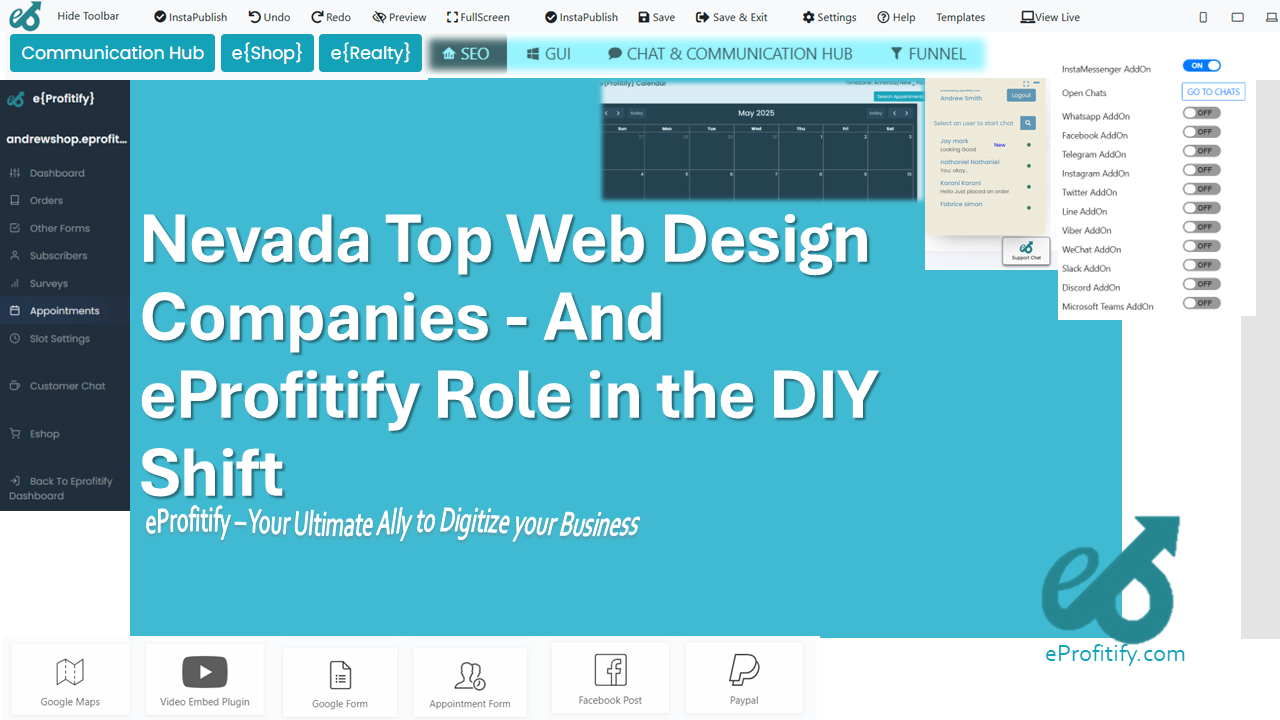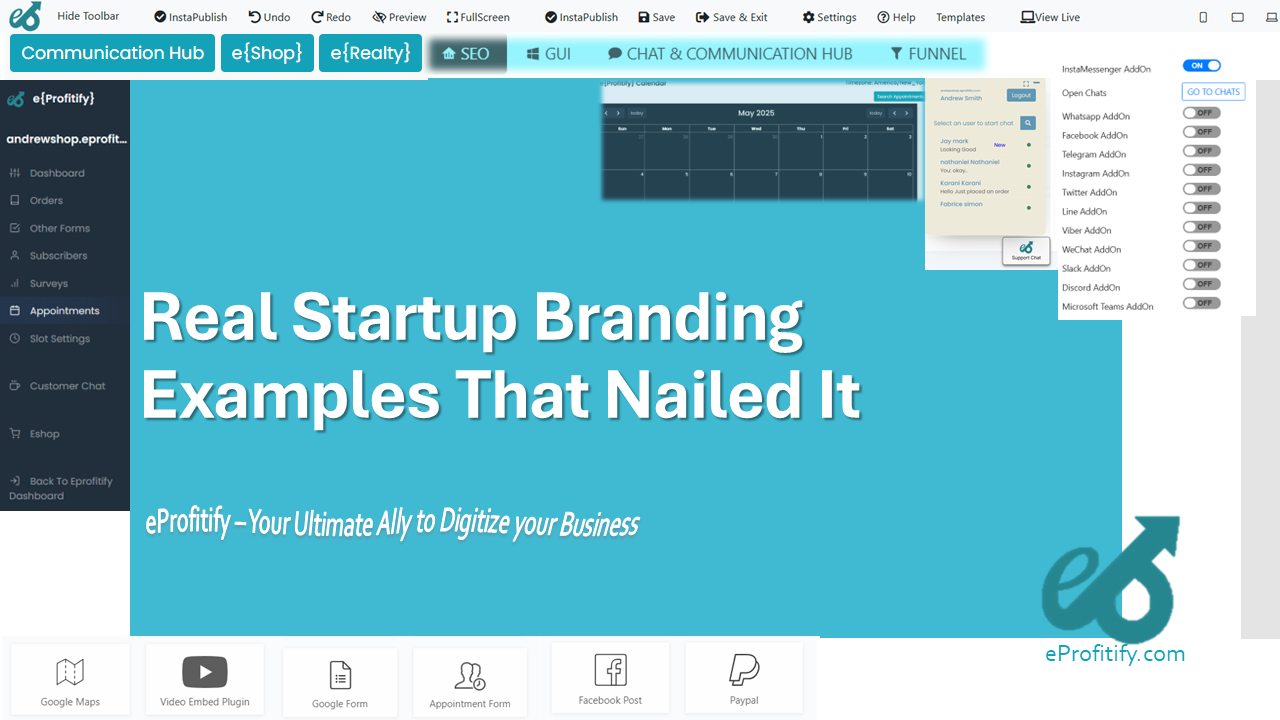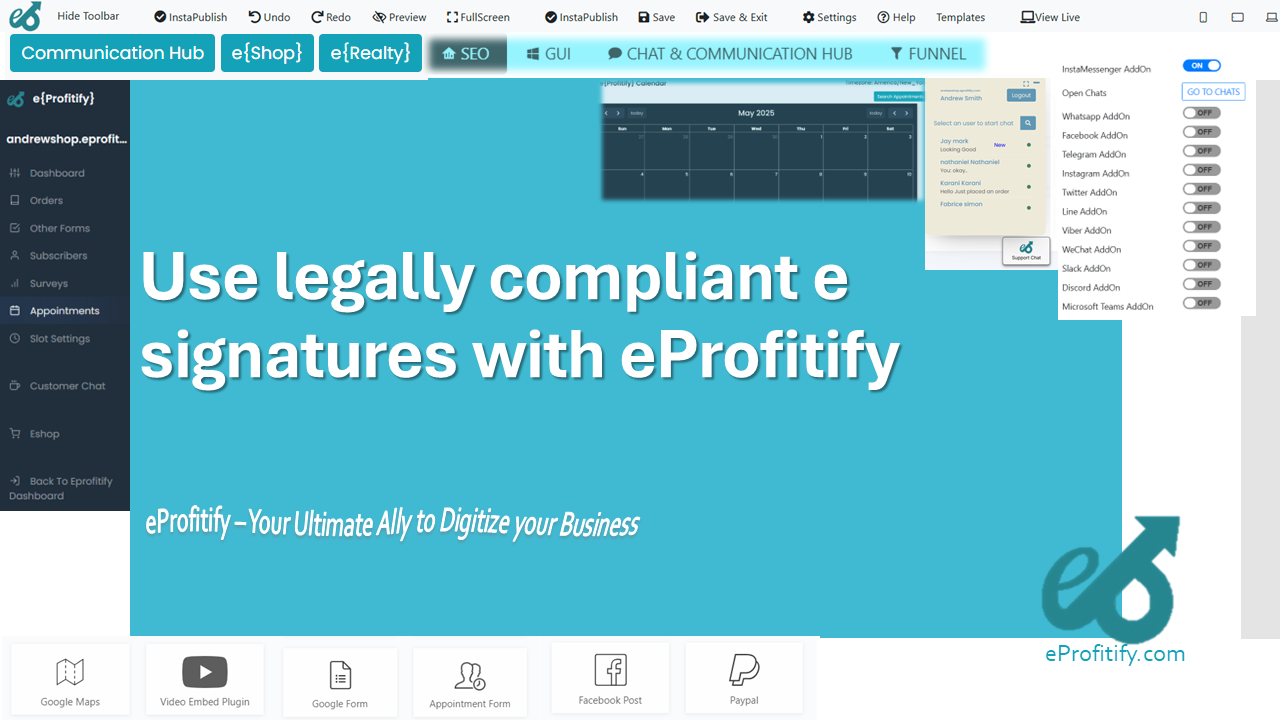How to Make Sure Your Name Works in Multiple Languages
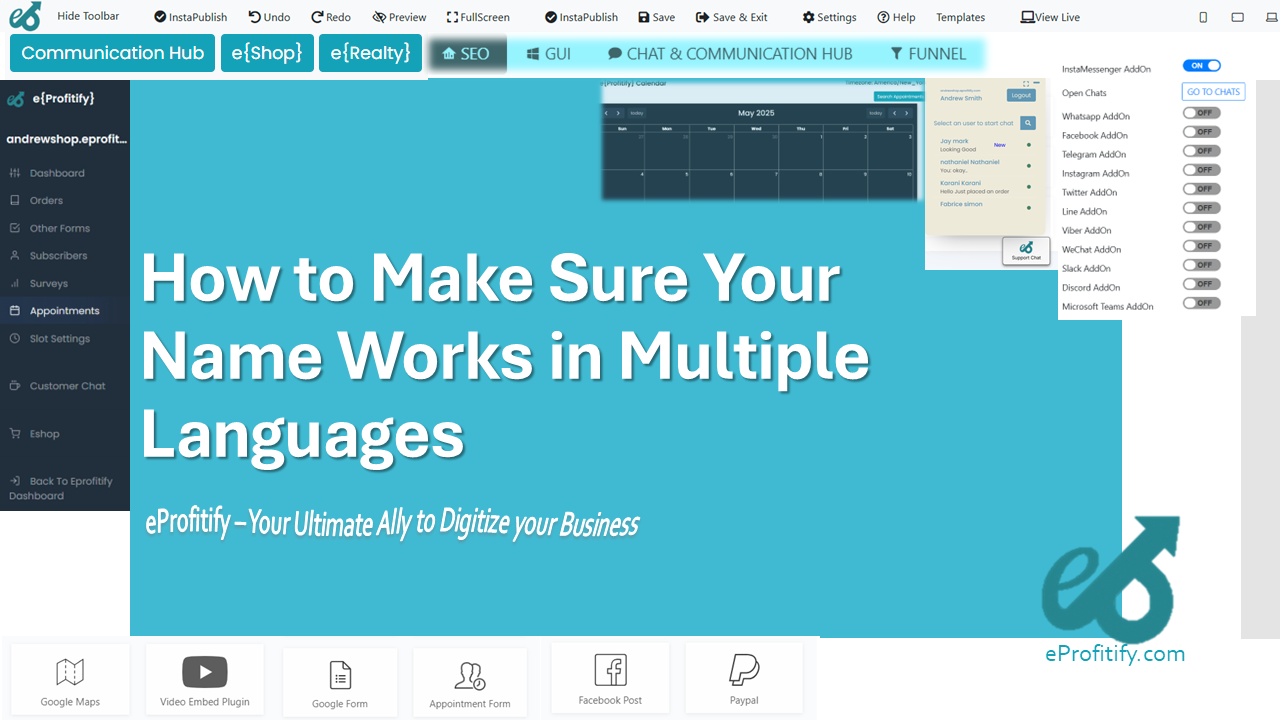
Schedule a LIVE Zoom call with an eProfitify Expert.
How to Ensure Your Name Works in Multiple Languages
In today’s globalized economy, businesses and individuals increasingly operate across borders. A name—whether for a brand, product, or personal use—must resonate universally while avoiding linguistic or cultural pitfalls. Research shows that 75% of consumers prefer purchasing products in their native language, and 40% will never buy from websites in other languages (CSA Research). Names that fail to adapt to cultural nuances risk alienating audiences, damaging brand equity, or even resulting in legal disputes. This article explores practical strategies to ensure names work globally and highlights how tools like eProfitify, a leading website publishing and management platform, streamline multilingual brand management.
The Importance of Multilingual Name Compatibility
- Brand Identity & Trust: Names shape first impressions. A name that’s awkward, offensive, or nonsensical in another language can erode trust. For example, Chevrolet’s “Nova” struggled in Latin America because “no va” translates to “doesn’t go” in Spanish.
- Cultural Sensitivity: A name might carry unintended connotations. Coca-Cola’s initial Chinese transliteration, “Kekoukela,” meant “bite the wax tadpole” before being corrected to “Kekoukele” (“tasty and happy”).
- Searchability & SEO: Multilingual SEO optimization requires names to be easily searchable across languages. Microsoft’s search engine “Bing” faced challenges in Mandarin, where “bìng” (病) means “sickness.”
Common Challenges in Cross-Cultural Naming
- Phonetic Issues: Names may sound identical to inappropriate words in other languages. For instance, Puma’s shoes were renamed in Iran due to “pumā” resembling a derogatory term.
- Linguistic Nuances: Direct translations can distort meaning. IKEA’s “FARTFULL” (Swedish for “speedy”) desk became a meme in English-speaking markets.
- Legal Conflicts: Over 60% of trademark disputes involve international naming clashes (WIPO).
Strategies to Create Globally Compatible Names
-
Conduct Cultural & Linguistic Research
- Use native speakers to test names for unintended meanings. Over 33% of companies use focus groups in target markets to avoid blunders (Nimdzi Insights).
- Analyze phonetic similarities using transliteration tools.
-
Prioritize Simplicity & Adaptability
- Choose short, easily pronounceable names. Brands like “Nike” and “Sony” succeed globally due to simplicity.
- Avoid region-specific idioms or metaphors.
-
Leverage Technology for Verification
- Tools like eProfitify integrate AI-powered linguistic checks to flag potential issues in real time. Its instant messaging feature allows teams in different regions to collaborate on naming decisions.
-
Secure International Trademarks Early
- Register names in key markets using platforms that monitor global trademarks.
How eProfitify Enhances Multilingual Name Management
eProfitify is a comprehensive website publishing and management tool designed to optimize global business operations, including multilingual naming strategies. Key features include:
- Instant Messaging: Collaborate with linguists and marketers across time zones to refine names.
- Appointment Management System: Schedule cross-border consultations to test name viability.
- E-commerce Integration: Localize product names and descriptions for 50+ languages.
- CRM Tools: Track customer feedback on brand names in specific regions.
- Analytics Dashboard: Monitor SEO performance and cultural reception of names in real time.
Businesses using eProfitify report a 40% reduction in cross-cultural naming errors and a 30% faster market entry (eProfitify Case Studies, 2023).
Case Studies & Statistics
- Starbucks: Adapted its name to “Xingbake” (星巴克) in China, combining “star” and “ba ke” (phonetic translation). This contributed to a 15% revenue growth in APAC markets.
- Airbnb: Revamped its Chinese name to “Aibiying” (爱彼迎), meaning “welcome each other with love,” aligning with local values.
According to Statista, 56% of global companies invest in localization tools like eProfitify to avoid naming mishaps, with 72% seeing improved customer engagement.
Conclusion
Creating a globally compatible name requires blending cultural insight, linguistic precision, and technology. Platforms like eProfitify empower businesses to navigate multilingual challenges while accelerating growth. By integrating features like AI-driven analytics, CRM, and collaboration tools, it ensures names resonate universally—turning potential pitfalls into opportunities.

